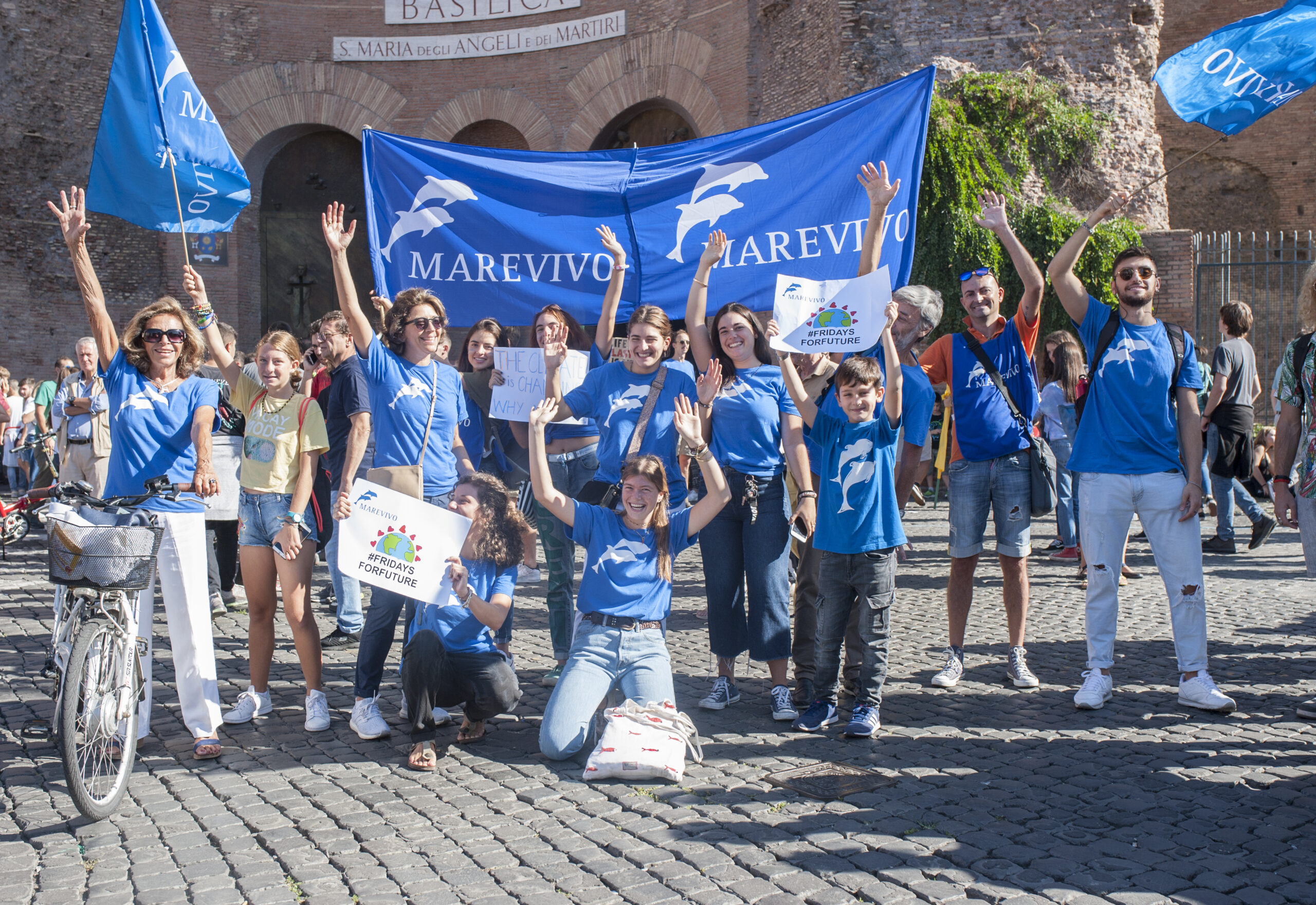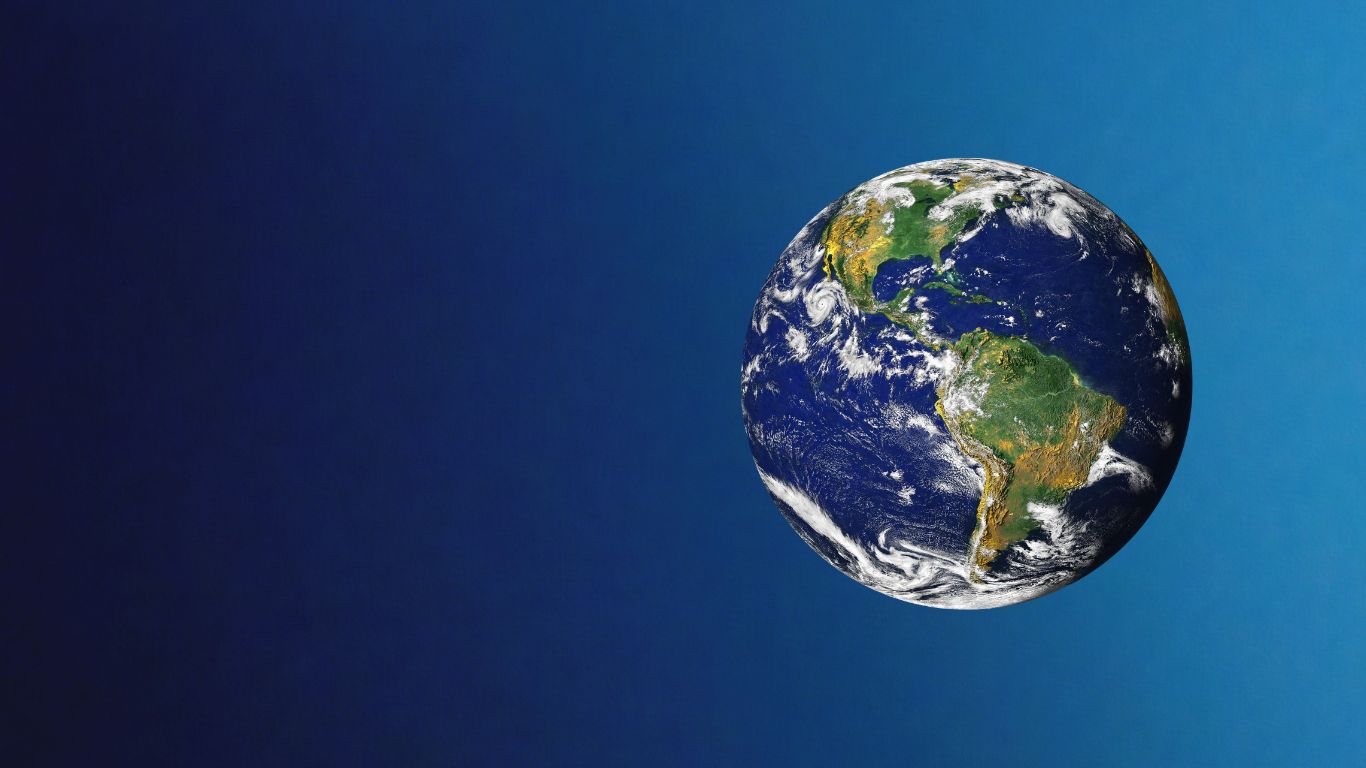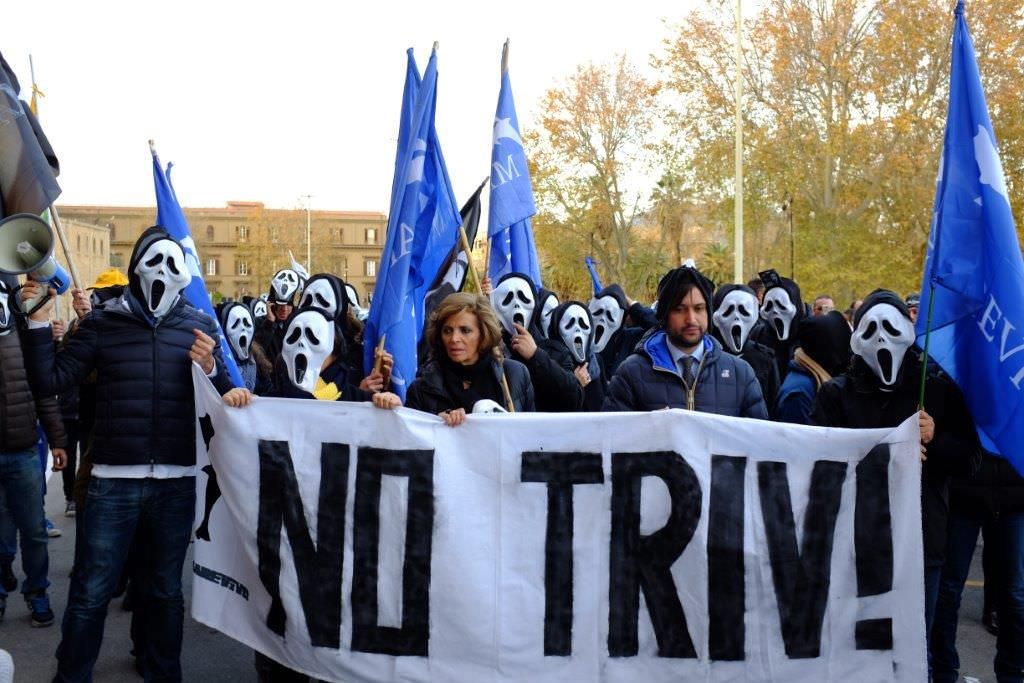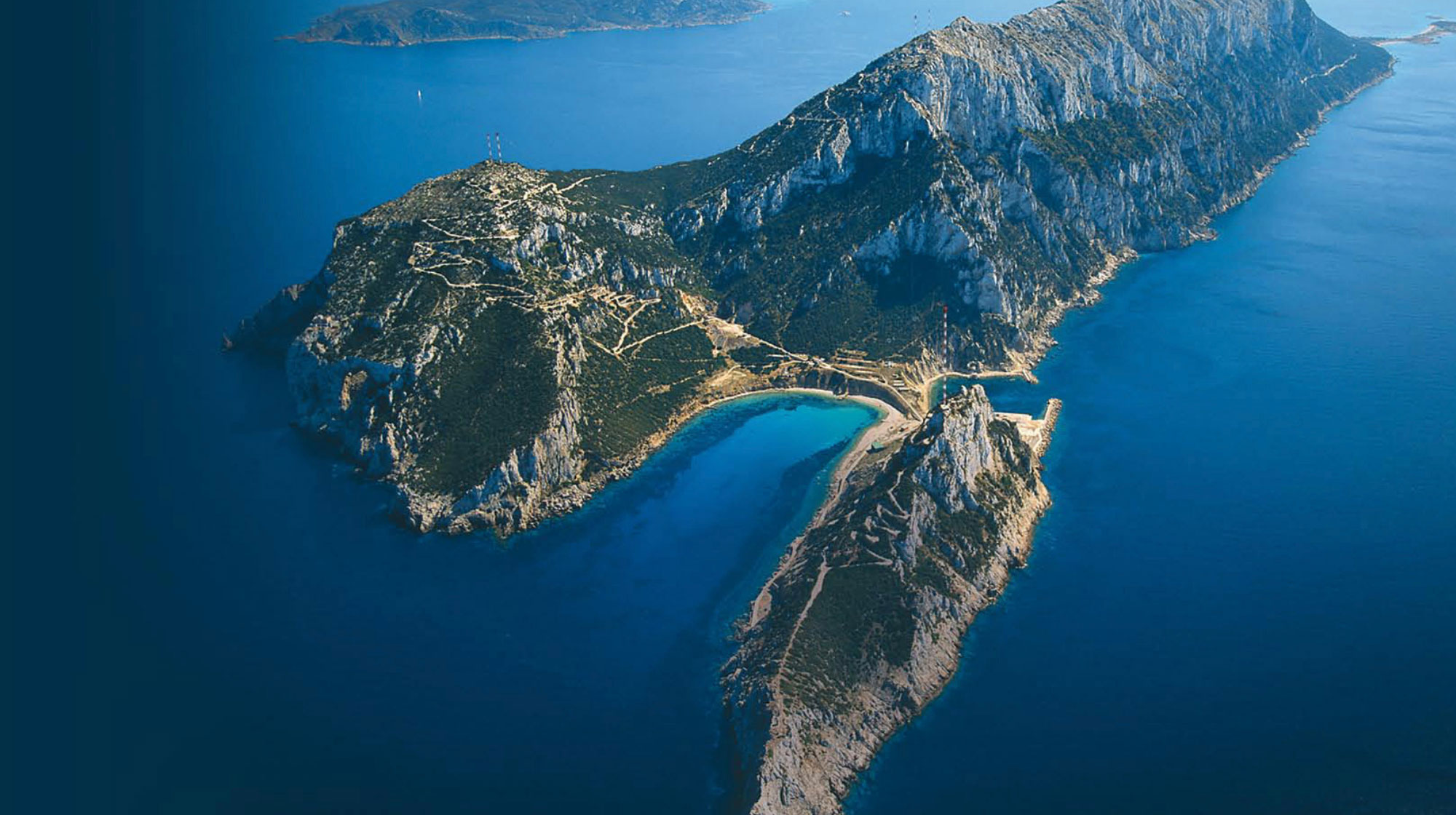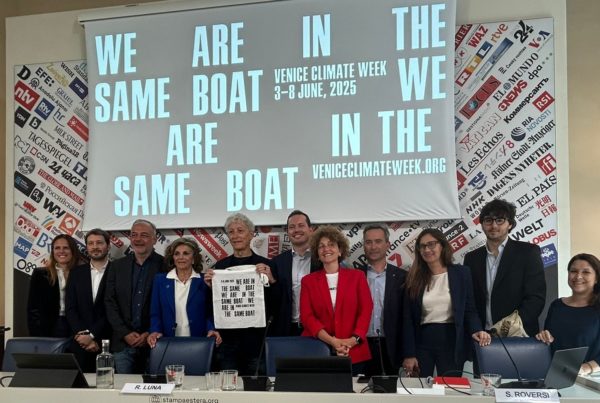The United Nations Framework Convention on Climate Change (UNFCCC) uses the term “Climate Change” to refer to climate change directly or indirectly imputable to human activities, whilst “climate variability” is the one generated by natural causes.
The climate on earth has varied many times due to natural causes, but today we have entered an era of rising temperatures caused by CO2 concentrations emitted into the atmosphere by human activities.



